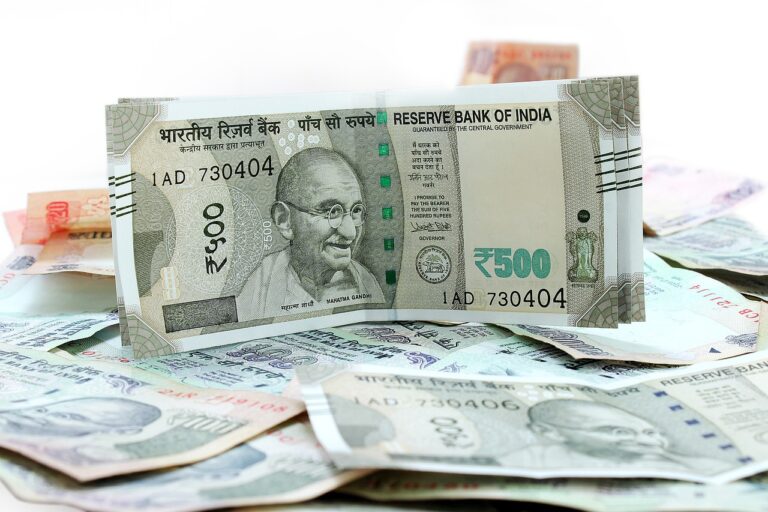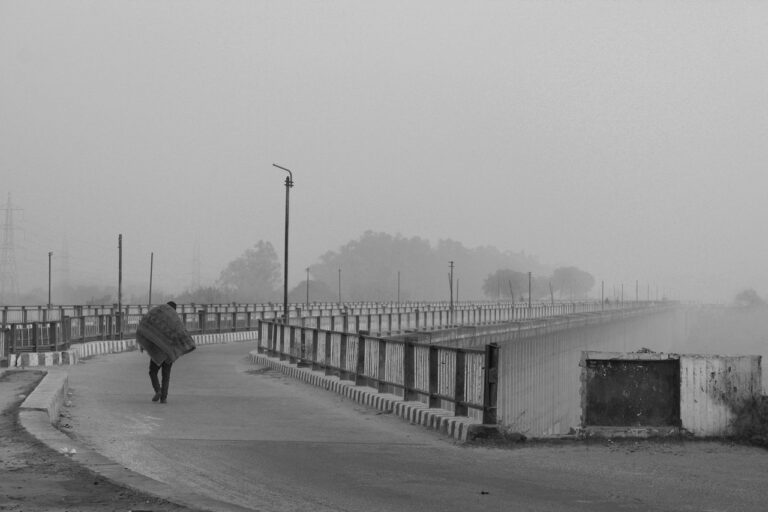The Role of Campaign Finance in Shaping Political Landscapes
The role of money in political campaigns cannot be understated in today’s political landscape. The ability to raise funds is often seen as a crucial factor in determining a candidate’s viability and success in elections. With the increasing costs of advertising, travel, and staff, candidates are heavily reliant on financial backing to effectively reach voters and convey their messages.
Moreover, the presence of wealthy donors and powerful interest groups has led to concerns about the influence of money on the political process. Critics argue that large donations can buy access and favoritism from elected officials, potentially compromising the integrity of the democratic system. The contentious debate over campaign finance regulations continues as policymakers and the public grapple with finding a balance between freedom of speech and preventing corruption in the political sphere.
Legal Frameworks Governing Campaign Finance
Campaign finance regulations play a crucial role in ensuring transparency and accountability in political processes. These frameworks are designed to set limits on the amount of money that can be contributed to political candidates and parties, as well as the disclosure requirements for those contributions. By establishing clear guidelines for fundraising and spending, these laws aim to prevent corruption and undue influence in the electoral system.
In the United States, campaign finance laws are primarily governed by the Federal Election Campaign Act (FECA) and the Bipartisan Campaign Reform Act (BCRA). These laws impose restrictions on the sources and amounts of contributions that can be made to political campaigns, as well as expenditure limits for candidates and parties. Additionally, the Federal Election Commission (FEC) enforces these regulations and oversees the reporting and disclosure requirements for political committees.
The Impact of Super PACs on Elections
Super PACs have significantly altered the landscape of political campaigns in the United States. These independent expenditure committees can raise and spend unlimited amounts of money to support or oppose candidates, often with little transparency regarding the sources of their funding. This influx of money has led to a surge in attack ads and an overall increase in negative campaigning during elections.
Moreover, Super PACs have been criticized for potentially giving an unfair advantage to wealthy donors and special interest groups, as their financial contributions can heavily influence the outcome of elections. By funneling large sums of money into advertising efforts, these groups can sway public opinion and shape the narrative surrounding political candidates. As a result, some argue that Super PACs have the power to undermine the democratic process by drowning out the voices of ordinary voters.
• Super PACs can raise and spend unlimited amounts of money to support or oppose candidates
• Lack of transparency regarding the sources of funding for Super PACs
• Surge in attack ads and increase in negative campaigning during elections
• Criticized for potentially giving an unfair advantage to wealthy donors and special interest groups
• Financial contributions from Super PACs can heavily influence the outcome of elections
• Ability to sway public opinion and shape the narrative surrounding political candidates
• Some argue that Super PACs have the power to undermine the democratic process by drowning out the voices of ordinary voters
What is a Super PAC?
A Super PAC, or Political Action Committee, is an independent expenditure-only committee that can raise unlimited amounts of money from corporations, unions, and individuals to support or oppose political candidates.
How do Super PACs impact elections?
Super PACs can greatly influence elections by spending large sums of money on advertising, polling, and other campaign activities to support their preferred candidates.
Are there any legal regulations on Super PACs?
While Super PACs are required to disclose their donors, they are not allowed to coordinate directly with political candidates or parties. Additionally, they are prohibited from making direct contributions to candidates.
How have Super PACs changed the landscape of political campaigns?
Super PACs have shifted the focus of political campaigns towards fundraising and advertising, allowing wealthy individuals and special interest groups to have a greater influence on election outcomes.
Do Super PACs have any limits on how much money they can raise?
Unlike traditional PACs, Super PACs can raise unlimited amounts of money from donors, making them a powerful force in modern political campaigns.







